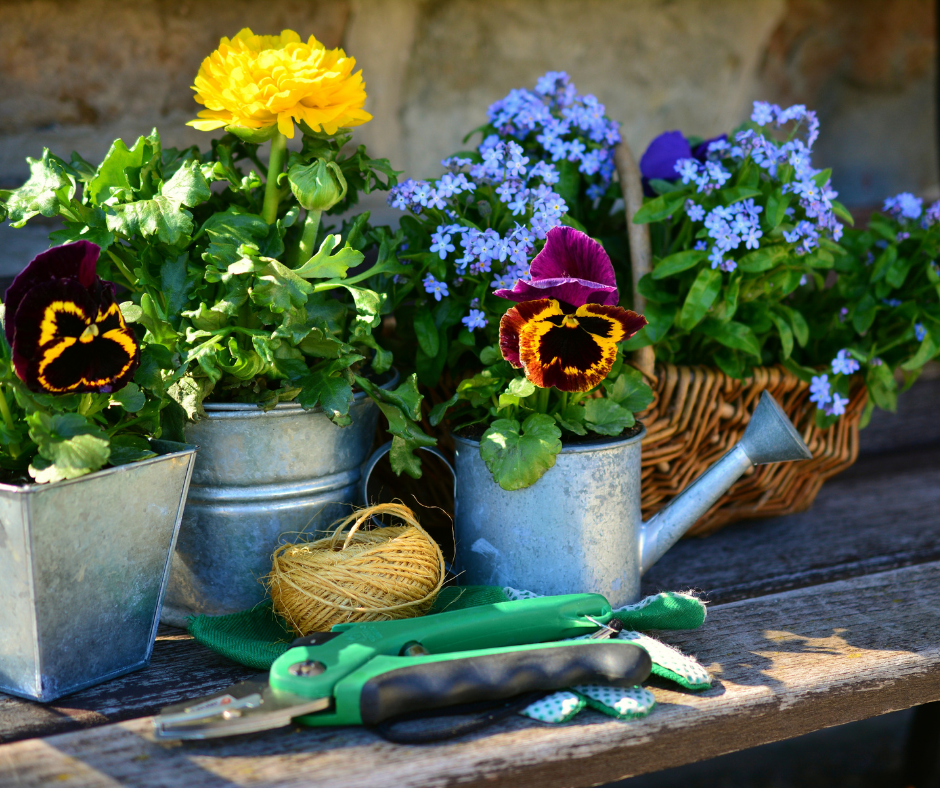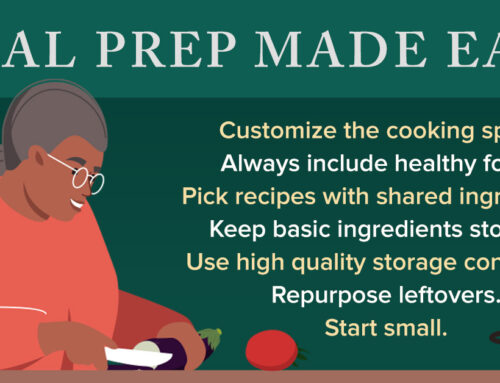Senior Green Thumbs – The Benefits of Gardening
Whether it’s tending a large vegetable plot, working in a community garden, or planting a few potted pansies, gardening can do wonders for a senior’s overall health and well-being.
More Than A Hobby
“For many seniors, gardening is much more than a hobby. Being outdoors and digging in the dirt is a great way for seniors to improve their physical and emotional health,” said Sierra Goetz, co-founder and operations manager at the HomeCare Advocacy Network (HCAN). “With a little help, even seniors with limited space, mobility, or other aging struggles can enjoy the benefits of gardening.”
Here are a few ways your aging loved ones can benefit from gardening:
It burns a lot of calories.
Gardening is considered moderate-intensity exercise. According to the Centers for Disease Control and Prevention (CDC), your senior will burn about 330 calories doing one hour of light gardening and yard work – more than walking at a moderate pace for the same amount of time.
It’s a stress reliever.
Studies show gardening can lower levels of cortisol (known as the stress hormone) which causes stress, anxiety and high blood pressure.
Spending time outside is good for the bones.
When your skin soaks up the sun, it prompts the body to make vitamin D – which helps the body absorb calcium. (Remember to always use sunscreen!)
It’s great exercise.
While it might not seem to be as vigorous a workout as running, swimming, or Zumba, working in the garden is a great form of exercise. It can help improve mobility, flexibility, and range of motion while lowering the risk of heart attack and stroke..
It enhances the immune system.
There are a lot of “friendly” bacteria (mycobacterium vaccae) in garden dirt, which have been found to alleviate problems, like asthma, allergies, and psoriasis.
It may reduce the risk of dementia.
Gardening requires a lot of hand/eye coordination as well as sensory awareness, which may be why researchers have found that it helps to lower the risk of dementia. One study showed daily gardening reduces the risk by 36 percent.
It’s a mood booster.
Fresh air and sunshine can do wonders for your senior’s mood, because it boosts serotonin levels in the brain – that’s the hormone that helps people feel calm and centered.
It often improves nutrition.
Growing fruits and vegetables is great motivation to eat healthier foods.
It can create social opportunities.
Community gardens provide a space for interacting with old friends and meeting new people.
Companion Care
“If your senior has mobility or range of motion issues, consider providing them with raised beds or trellises, so they can grow vertical garden plants like cucumbers, beans, peppers and tomatoes. When space is limited, container gardens are a great option,” Goetz said. “And, if they need a little extra assistance, our caregivers can help. We love helping our clients with gardening – from picking out plants to watering, weed-pulling and other tasks.”
For information about all of the services HCAN caregivers provide and to find an office near you, visit hcanthrive.com.






